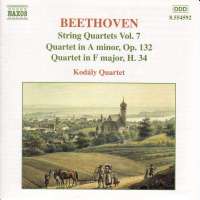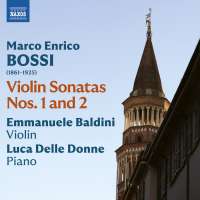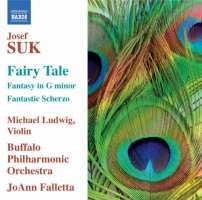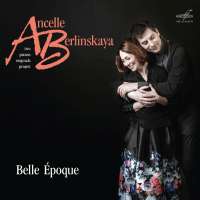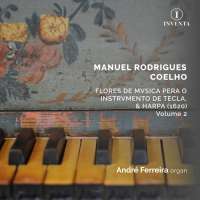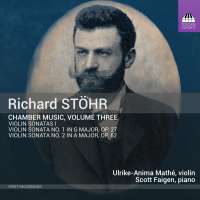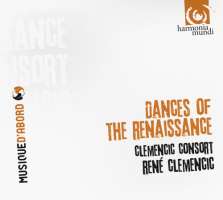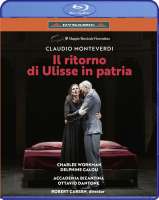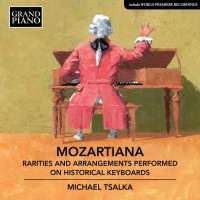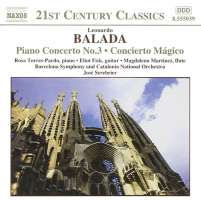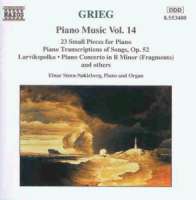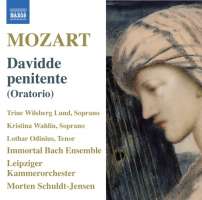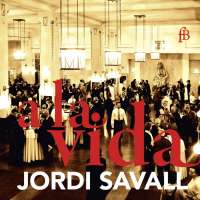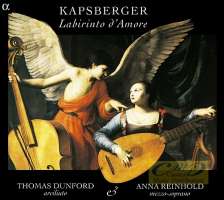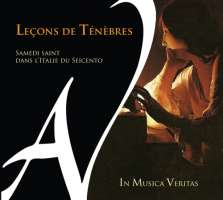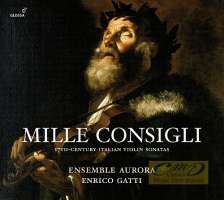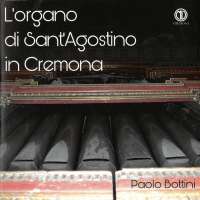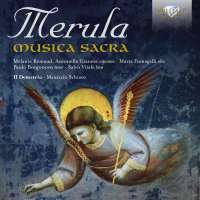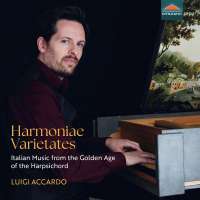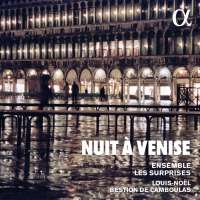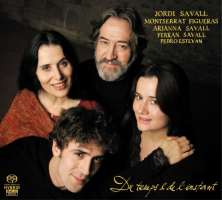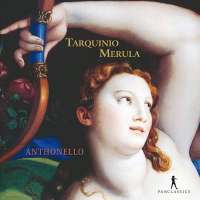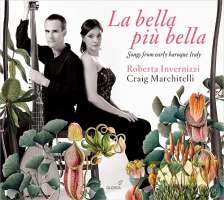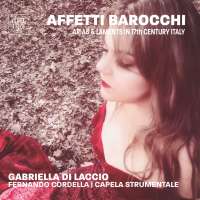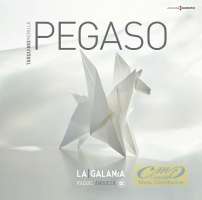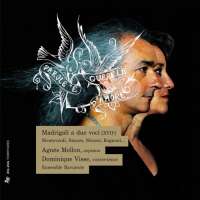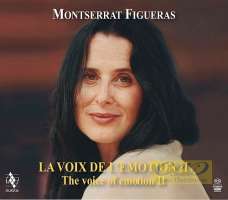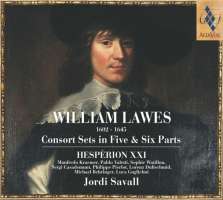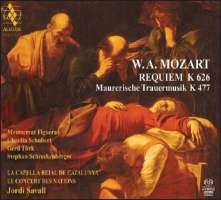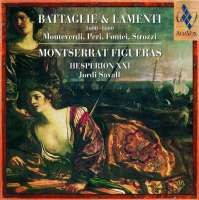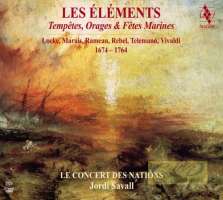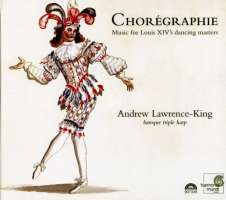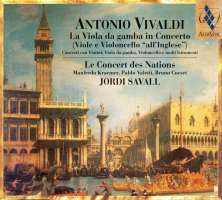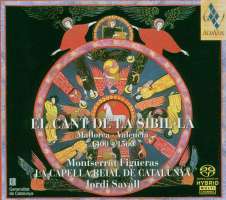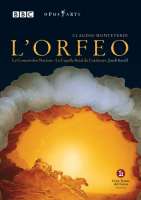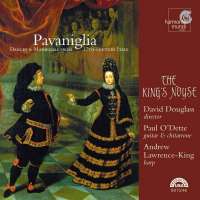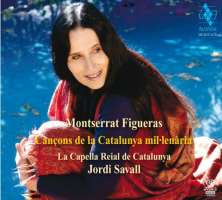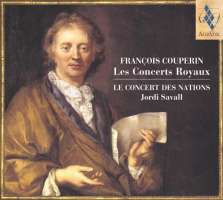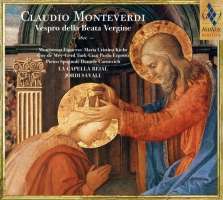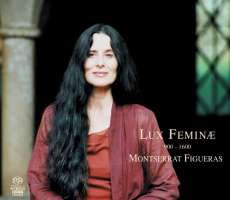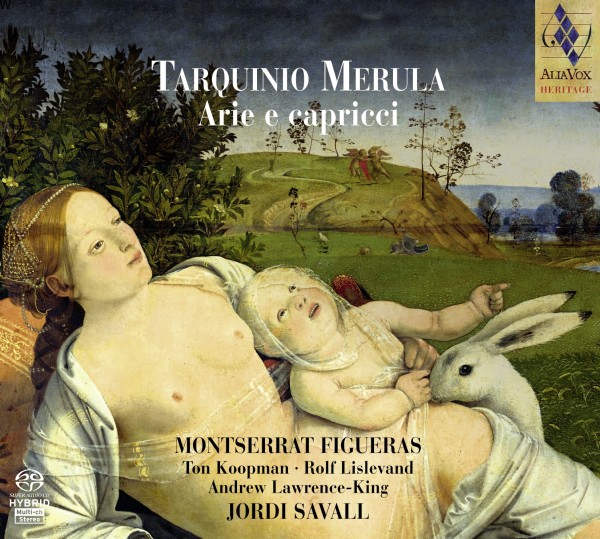
classical music distribution

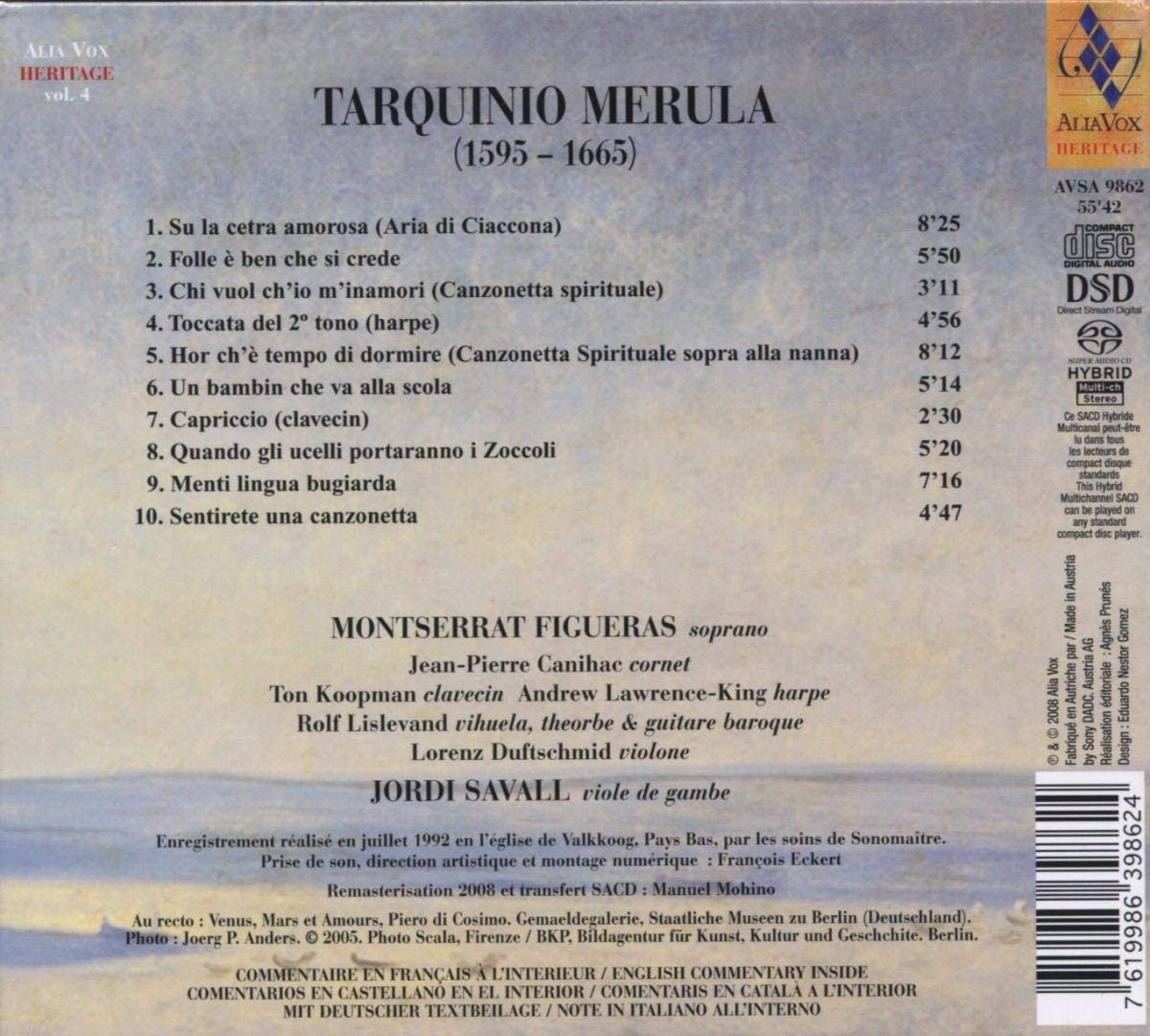
(Produkt nie został jeszcze oceniony)
kompozytor
Merula, Tarquinio
tytuł
Arie e capricci a voce sola
wykonawcy
Lawrence-King, Andrew;
Lislevand, Rolf;
Duftschmid, Lorenz;
Figueras, Montserrat;
Canihac, Jean-Pierre;
Koopman, Ton;
Savall, Jordi
Lislevand, Rolf;
Duftschmid, Lorenz;
Figueras, Montserrat;
Canihac, Jean-Pierre;
Koopman, Ton;
Savall, Jordi
nr katalogowy
AVSA 9862
opis
Together with Rossi, Cavalli and Carissimi, Tarquinio Merula belongs to the generation of composers born between 1595 and 1605, for whom the concertante style was no longer a novel idiom but the musical medium they had known from childhood as the dominant musical language of their time. Born in Bussetto in 1595, Merula probably received his musical education at the Cathedral of Cremona and - after appointments as organist in Lombardy's Lodi and at the Polish Royal Court in Warsaw - changed several times between the positions of Kapellmeister at the main churches of Cremona and Bergamo from 1626 until his death. • Merula published most of his works at a time when the outstanding composers of the previous generation, Monteverdi and Grandi, were still influential in shaping musical life in Italy. Thus, the change in public taste in the 1620s and 30s can be clearly observed in his publications. From highly expressive solo madrigals or dramatic scenes set to music in the "stile recitativo", the focus now turns to a more balanced relationship between word and music, formal construction and musical unity. Expressive and sometimes dramatic interpretations of words do not lose any of their meaning, so that Merula's works are characterized by the spirit of experimental search.
nośnik
SACD
gatunek
Muzyka klasyczna
producent
Alia Vox
data wydania
03-12-2007
EAN / kod kreskowy
7619986398624

(Produkt nie został jeszcze oceniony)
cena 68,00 zł
lubProdukt dostepny w niewielkiej ilości.
Wysyłka w ciągu 3 dni roboczych
Darmowa wysyłka dla zamówień powyżej 300 zł!
Darmowy kurier dla zamówień powyżej 500 zł!
sprawdź koszty wysyłkiProduktu jeszcze nie zrecenzowano, chcesz być pierwszy?
Klienci, którzy kupili ten produkt, kupili również
Pozostałe płyty tego kompozytora
różni kompozytorzy
KAPSBERGER: Labirinto d´amore + Strozzi, Caccini ,Monteverdi, Merula,
Alpha 195
różni kompozytorzy
Lecons De Tenebres - Samedi Saint dans l'Italie du Seicento - Viadana, Trabaci, Merula, Sances, Cima, ...
AVR 120315
różni kompozytorzy
Parole e Querele D’amore - Madrigali a due voci -Monteverdi, Sancez, Strozzi, Rognoni...
ZZT 101001
Pozostałe płyty tego wykonawcy
Mozart, Wolfgang Amadeus
WYCOFANY Mozart: Requiem K. 626, Maurerische Trauermusik K. 477
AVSA 9880
Monteverdi, Claudio, Strozzi, Barbara, Peri, Jacopo
Battaglie & Lamenti: Monteverdi, Strozzi, Peri
AV 9815
różni kompozytorzy
Les Éléments – Rebel, Locke, Vivaldi, Marais ,,Rameau Telemann,
AVSA 9914
Napisz recenzję dla: Arie e capricci a voce sola
Zapytaj o dostępność produktu
Twoje zapytanie:
Odpowiemy na adres:
Produkt został dodany do koszyka

Merula, Tarquinio
Arie e capricci a voce sola
1 szt
